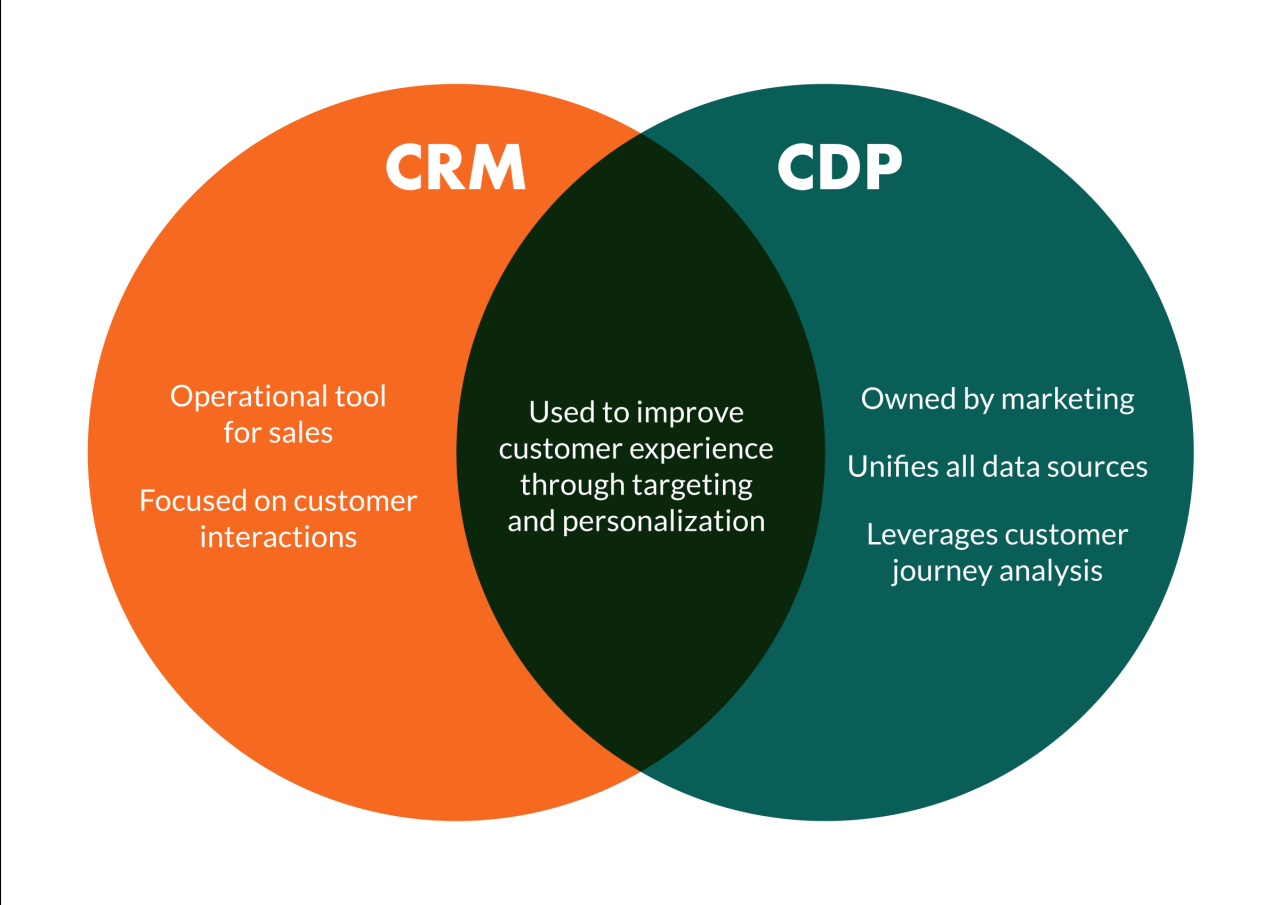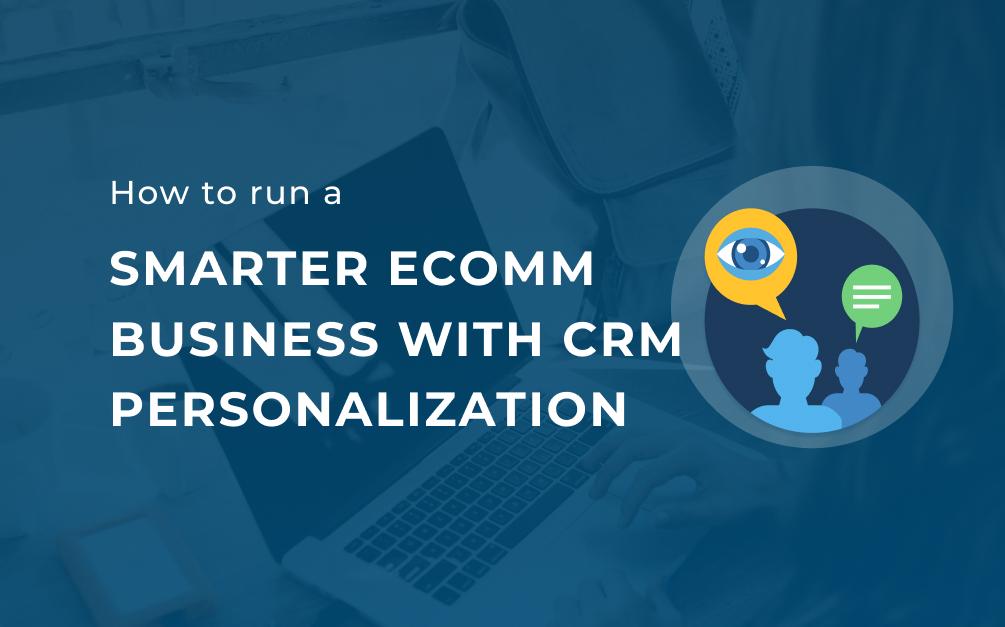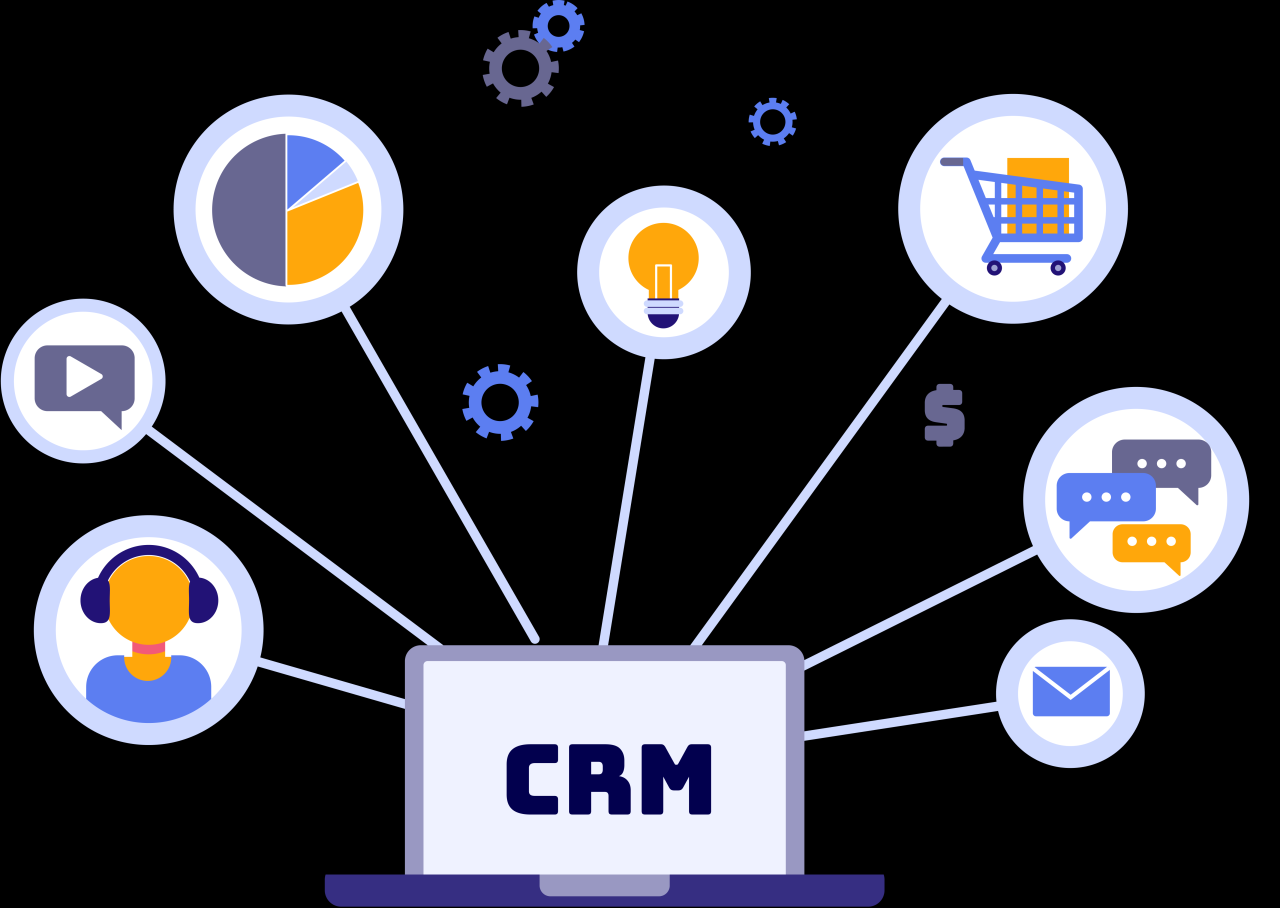Business
Personalized CRM for Lifestyle Service Providers: Enhancing Customer Relationships

Exploring the realm of personalized CRM for lifestyle service providers unveils a world of tailored solutions to elevate customer interactions. From customized features to seamless integration, this innovative approach revolutionizes how businesses in the lifestyle industry connect with their clientele.
Definition of Personalized CRM for Lifestyle Service Providers
In the context of lifestyle service providers, a personalized CRM (Customer Relationship Management) system refers to a tailored software solution that helps businesses in the lifestyle industry manage their interactions with clients in a personalized and efficient manner. It allows service providers to gather, store, and analyze customer data to enhance their overall experience.
Benefits of Personalized CRM Systems for Lifestyle Service Providers
Implementing personalized CRM systems can bring numerous benefits to lifestyle service providers, including:
- Improved customer satisfaction through personalized communication and services
- Enhanced customer retention and loyalty by understanding individual preferences
- Increased efficiency in managing client relationships and bookings
- Better targeting of marketing campaigns based on customer data
Features of Personalized CRM Systems for Lifestyle Service Providers
Some key features that make a CRM system personalized for lifestyle service providers include:
- Customer profiles with detailed information on preferences, past interactions, and feedback
- Automated reminders for appointments, follow-ups, and special occasions
- Integration with social media platforms for personalized engagement
- Customizable reporting and analytics tools to track customer behavior and trends
Importance of Customization in CRM Solutions for Lifestyle Service Providers
Customization plays a crucial role in CRM solutions for lifestyle service providers as it allows businesses to tailor the system to their specific needs and preferences. By customizing their CRM, service providers can create a more personalized experience for their clients, leading to increased satisfaction and loyalty.
Additionally, customization enables businesses to adapt their CRM to changing market trends and customer demands, ensuring long-term success in the competitive lifestyle industry.
Implementing Personalized CRM for Lifestyle Service Providers

Implementing a personalized CRM system for lifestyle service providers involves several key steps to ensure successful integration and utilization. By customizing CRM systems to meet the specific needs of lifestyle service providers, businesses can enhance customer relationships and improve overall efficiency.
Steps for Implementing Personalized CRM
- Conduct a thorough assessment of current customer data and processes to identify areas for improvement.
- Select a CRM system that offers customization options tailored to the unique requirements of lifestyle service providers.
- Train staff on how to effectively use the CRM system and ensure proper data entry to maintain accuracy.
- Integrate the CRM system with existing tools and software to streamline operations and enhance personalized services.
- Regularly review and analyze data to make informed decisions and adjustments to the CRM system as needed.
Customization Options for Lifestyle Service Providers
- Personalized customer profiles to track preferences, purchase history, and communication preferences.
- Automated workflows for scheduling appointments, sending reminders, and following up with clients.
- Integration with social media platforms to engage with customers and gather feedback in real-time.
- Reporting and analytics tools to track key performance indicators and measure the success of marketing campaigns.
Successful Deployment Strategies for Personalized CRM
- Collaborate with CRM providers who specialize in the lifestyle service industry for tailored solutions.
- Implement phased rollouts to ensure smooth transition and minimize disruptions to daily operations.
- Engage employees at all levels in the implementation process to increase buy-in and adoption of the CRM system.
- Seek feedback from customers on their experience with the personalized CRM to make continuous improvements.
CRM Integration with Existing Systems
- Integrating CRM with existing systems such as scheduling software can streamline appointment booking and ensure accurate availability.
- Connecting CRM with email marketing platforms allows for targeted communication based on customer preferences and behavior.
- Utilizing CRM data to personalize services and offers for customers, enhancing their overall experience and loyalty to the brand.
Data Management and Analysis in Personalized CRM
Data management plays a crucial role in a personalized CRM system for lifestyle service providers. It involves organizing, storing, and maintaining various types of data to ensure that customer information is accurate and up-to-date
Types of Data for Effective CRM Operations
- Customer Contact Information: This includes names, phone numbers, email addresses, and mailing addresses to communicate with clients effectively.
- Customer Preferences: Understanding customer preferences for services, products, and communication channels helps in providing personalized experiences.
- Purchase History: Tracking past purchases and transactions can help in predicting future buying behavior and tailoring offers accordingly.
Role of Data Analysis Tools in Informed Decision Making
- Data analysis tools within CRM systems enable lifestyle service providers to identify trends, patterns, and customer insights for informed decision-making.
- By analyzing customer data, service providers can personalize marketing campaigns, improve customer satisfaction, and optimize service offerings based on customer needs.
- These tools help in measuring the effectiveness of marketing strategies, tracking customer interactions, and forecasting future customer behavior.
Best Practices for Data Security and Privacy
- Implement secure data storage practices to protect customer information from unauthorized access or breaches.
- Regularly update CRM systems with the latest security patches and encryption protocols to safeguard sensitive data.
- Obtain customer consent for data collection and ensure compliance with data privacy regulations such as GDPR or CCPA.
- Educate employees on data security protocols and restrict access to sensitive customer data to authorized personnel only.
Customer Engagement and Retention Strategies

Customer engagement and retention are crucial aspects for lifestyle service providers to ensure long-term success and profitability. Personalized CRM systems play a significant role in enhancing customer relationships and loyalty, ultimately leading to increased retention rates and business growth.
Improving Customer Engagement
Personalized CRM systems enable lifestyle service providers to tailor their interactions with customers based on individual preferences, behaviors, and purchase history. By leveraging customer data, businesses can create targeted marketing campaigns, offer personalized recommendations, and provide timely notifications to engage customers effectively.
This personalized approach not only enhances the overall customer experience but also fosters a sense of loyalty and connection with the brand.
Building Long-Term Relationships
Building long-term relationships with clients is essential for lifestyle service providers to drive repeat business and referrals. CRM tools allow businesses to track customer interactions, maintain detailed profiles, and monitor customer satisfaction levels over time. By analyzing this data, businesses can identify opportunities to upsell or cross-sell services, address customer concerns promptly, and personalize communication to strengthen relationships with clients.
Loyalty Programs and Personalized Marketing Campaigns
CRM systems enable lifestyle service providers to implement loyalty programs that reward customers for their repeat business and referrals. By tracking customer spending patterns and preferences, businesses can design targeted promotions, discounts, and rewards that resonate with individual customers. Personalized marketing campaigns can be created based on customer segmentation, allowing businesses to send tailored messages that appeal to specific customer segments and drive engagement.
CRM Analytics for Customer Retention
CRM analytics play a crucial role in identifying trends and patterns that can help lifestyle service providers enhance customer retention. By analyzing customer data, businesses can uncover insights into customer behavior, preferences, and satisfaction levels. This information can be used to predict customer churn, anticipate customer needs, and proactively address issues to prevent customer attrition.
By leveraging CRM analytics, businesses can create targeted retention strategies that focus on enhancing the overall customer experience and increasing customer loyalty.
Outcome Summary

In conclusion, personalized CRM systems offer lifestyle service providers a strategic advantage in nurturing customer relationships and fostering loyalty. By leveraging data insights and engagement strategies, businesses can thrive in a competitive landscape while delivering personalized experiences that resonate with their audience.
Frequently Asked Questions
How can personalized CRM benefit lifestyle service providers?
Personalized CRM systems enhance customer relationships, improve engagement, and enable tailored marketing strategies specific to the lifestyle industry.
What customization options are available for CRM systems in this sector?
Customization options include personalized customer profiles, tailored communication channels, and industry-specific data analysis tools.
How can CRM analytics help in identifying trends for customer retention?
CRM analytics provide insights into customer behavior, preferences, and purchasing patterns, enabling businesses to create targeted retention strategies.
What are the best practices for data security when using personalized CRM solutions?
Best practices include encryption of sensitive data, regular security audits, access controls, and compliance with data protection regulations.







